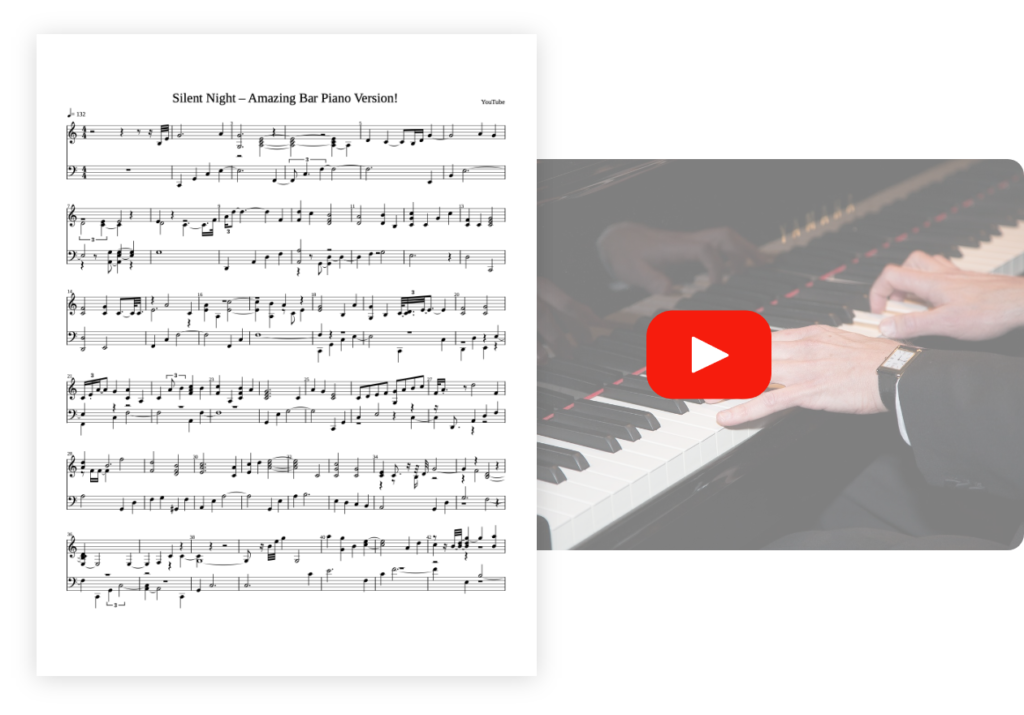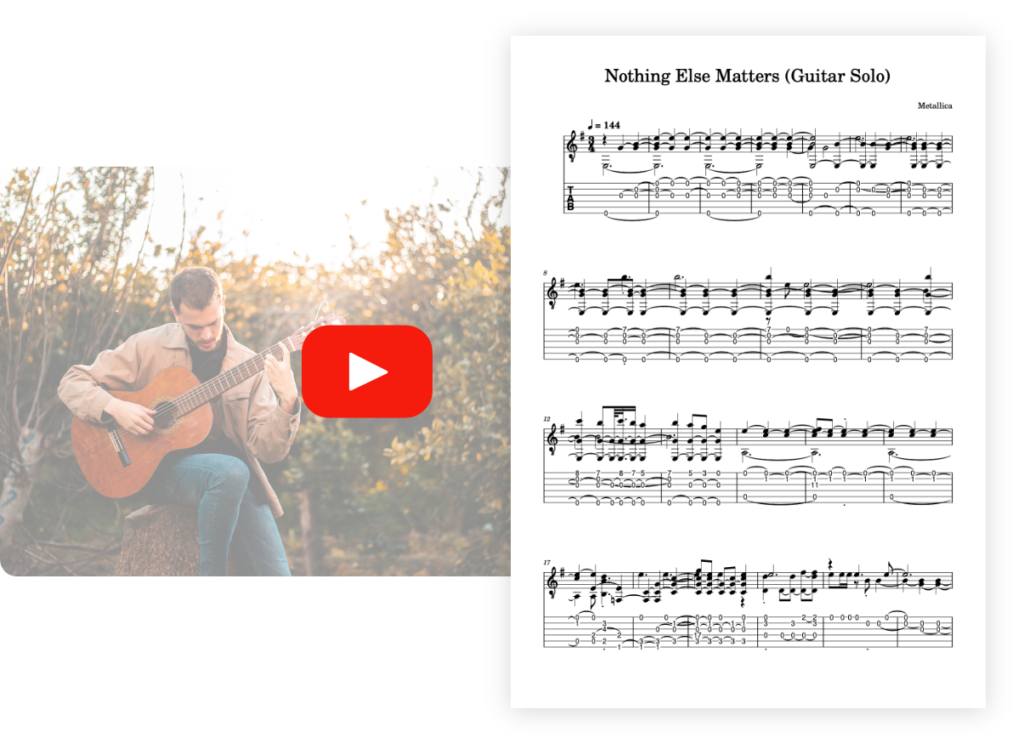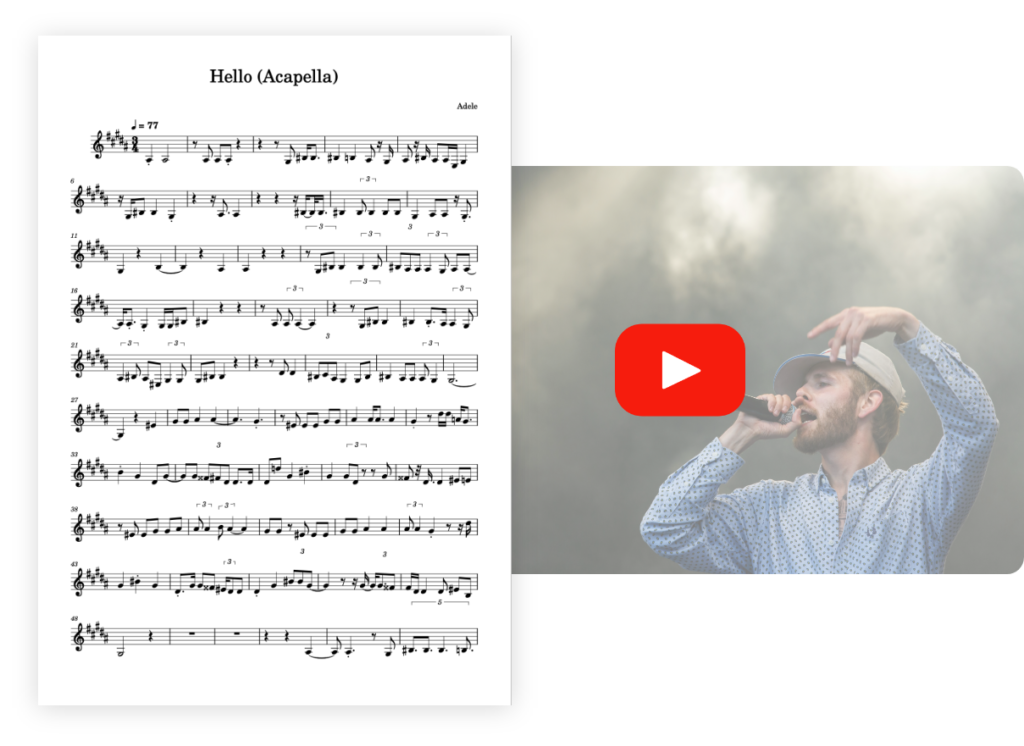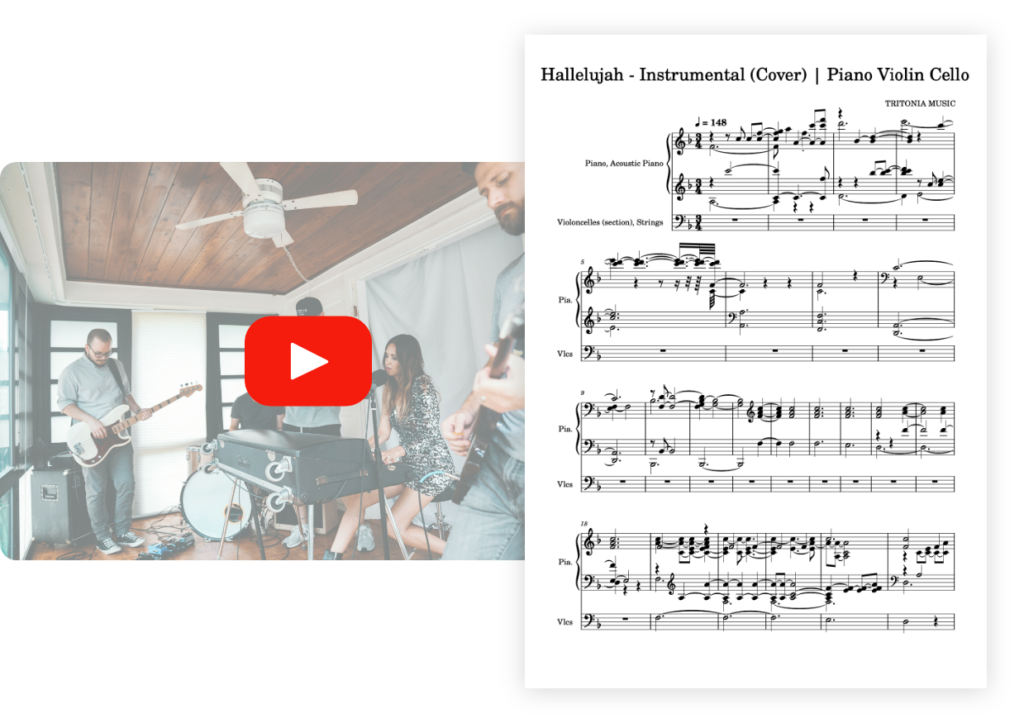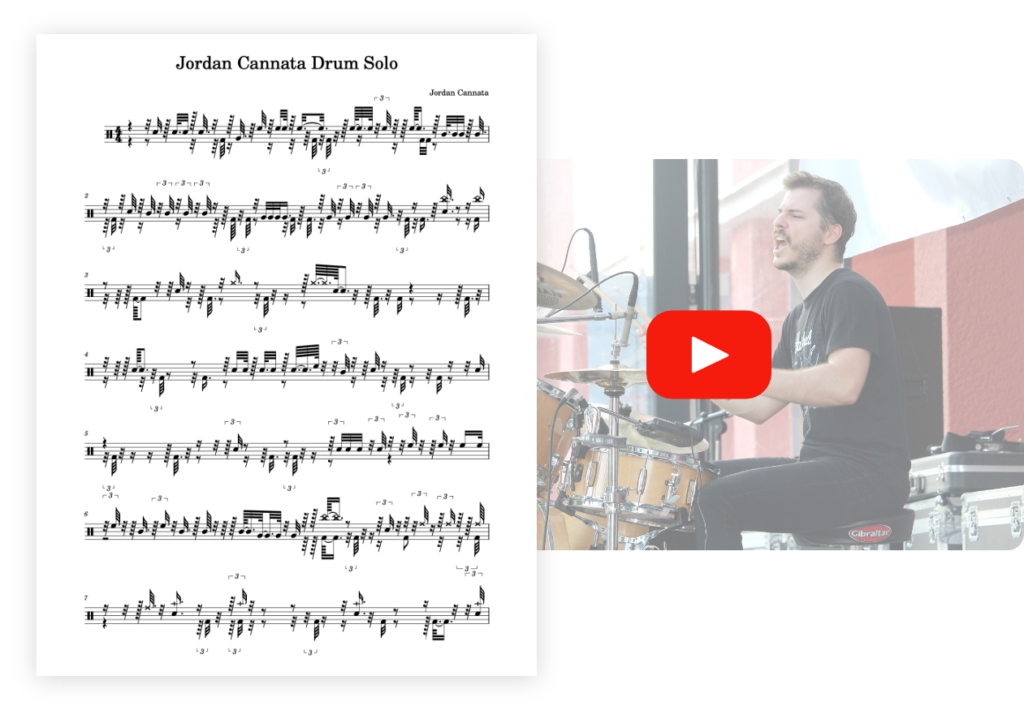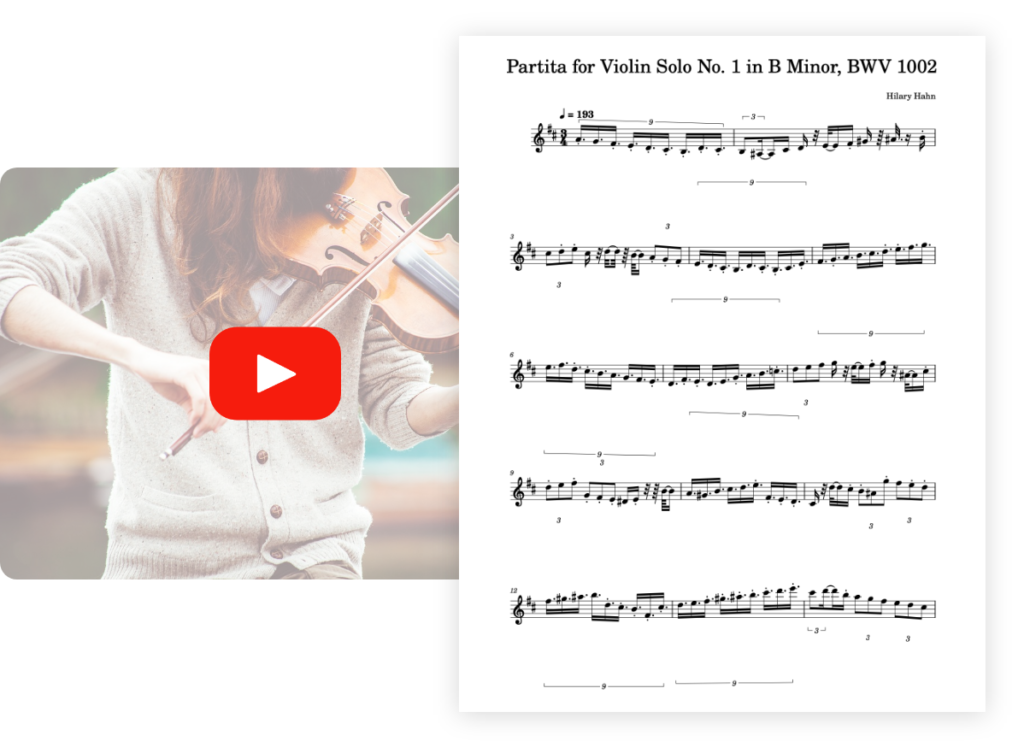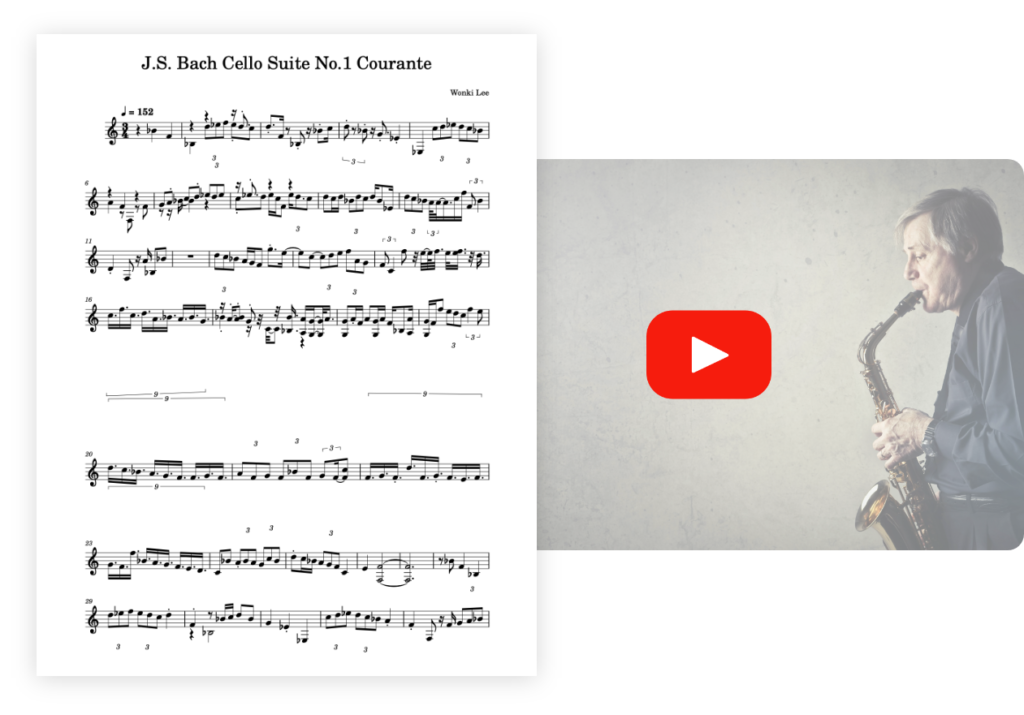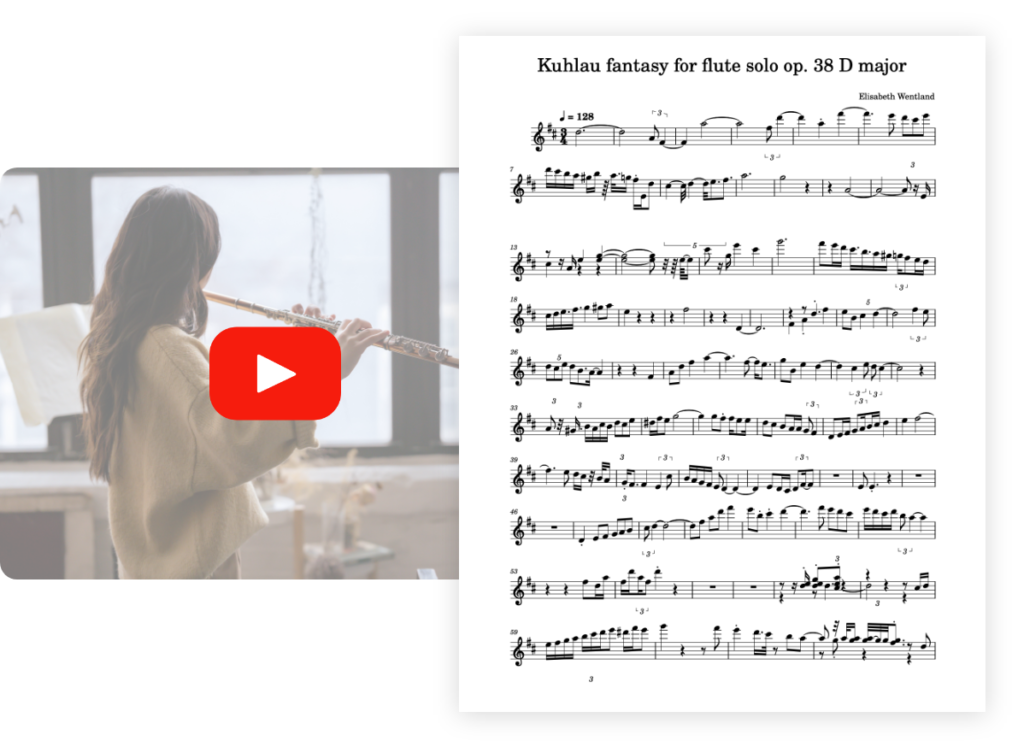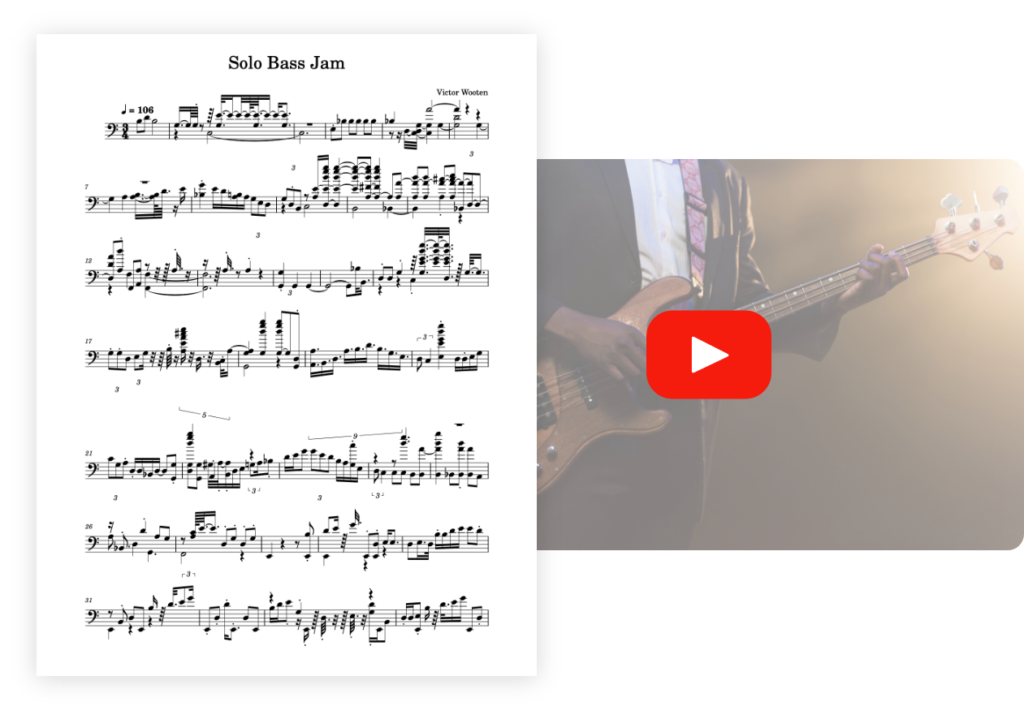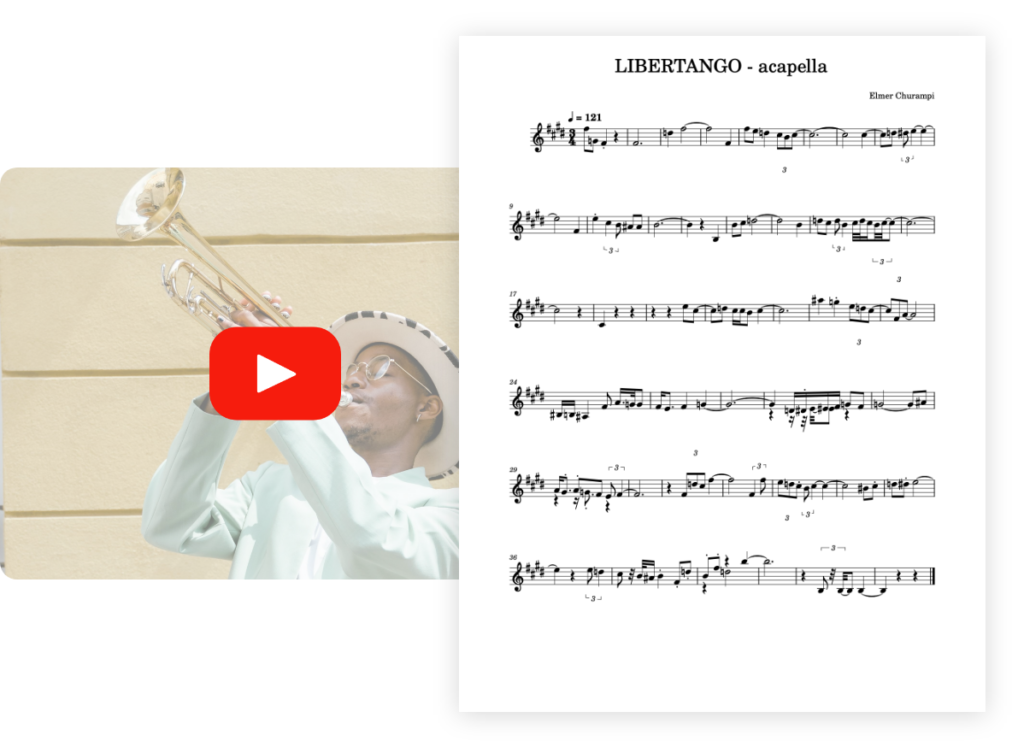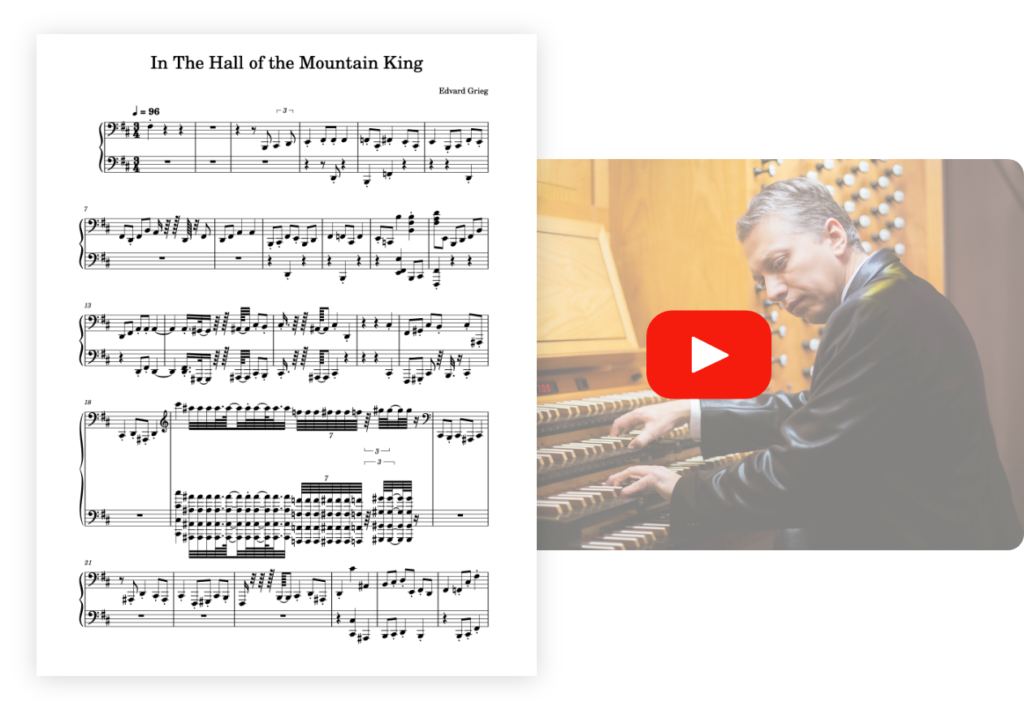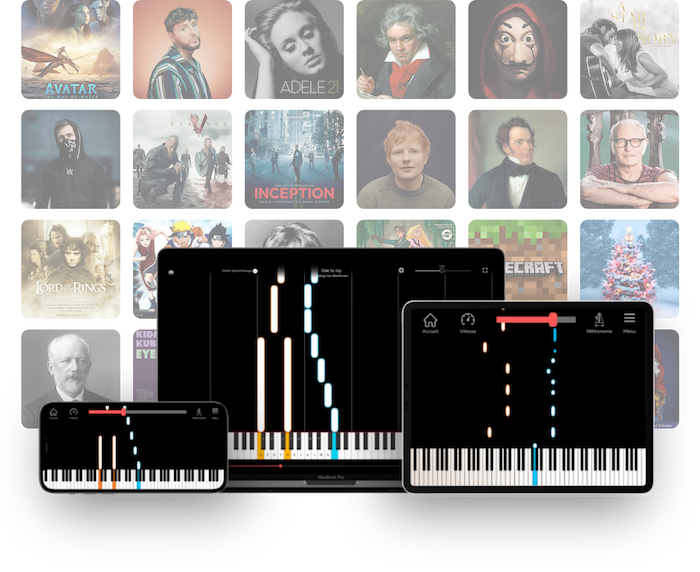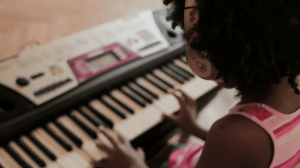1 – Maintain a weekly schedule

As with any activity, piano must be worked on assiduously in order to progress. Do you think you can improve your skill level in sport by practicing only one session every two months? No. On piano, it’s the same.
From the start, you should therefore set a number of sessions that you will do per week. We advise you to start with 3 or 4 sessions per week. Like traditional lessons in music schools, learning piano at home requires a certain frequency to obtain satisfactory results. You can choose to work after class or work at 6 or 7 pm. For example, your work schedule over a week can be broken down as follows: Monday, Wednesday, Friday and Sunday. This schedule allows you to have a rest day between each session and thus improve your cognitive abilities during your work sessions.
It’s up to you to organize yourself as you want according to your motivation and your time. The important thing is to stick to your schedule over time. If you stick to it for several months, you will soon see that your efforts will be rewarded.
2 – Remove distractions during piano practice sessions

When we have to work (classes, job, sports) we are always tempted to distract ourselves by doing things that are less tiring and more entertaining. How many times have you been on Facebook during classes or during work meetings? This is a behavior that everyone tends to adopt. It’s the same when you’re learning piano.
However, it slows us down considerably in our progress. It’s therefore important not to spread yourself too thin. Before starting each piano session, you should put your phone in airplane mode, remove the social networking tabs from your computer, and move to a quiet room in your house, such as your bedroom. The important thing is that you stay focused for the duration of your work session. That way, you’ll progress much faster.
3 – Set specific objectives for each work session

When you start your session, it’s important to set goals that you will have to achieve by the end of the session. This method allows you to challenge yourself in order to progress very quickly. Once you reach your goal, you will feel a sense of satisfaction, which will motivate you even more to continue your efforts.
For example, if you are a beginner and are learning an easy song on piano, you can set a goal of learning to play the next 10 seconds of the song. If you are practicing piano chords, you can set a goal to be able to play 4 major chords smoothly at the end of the session.
Be careful, this method works well only if you set yourself achievable goals during the session. Don’t set yourself the goal of being able to play a whole 3-minute song in only 30 minutes of session time, it won’t be possible and it will discourage you. You need to take it step by step. With this method, you will progress very quickly and take real pleasure in your piano sessions.
4 – Favour short but frequent sessions (20 – 30 minutes)

Short sessions of 20 to 30 minutes are always preferable to long sessions of several hours. Scientific studies have proven that the cognitive capacities of the brain begin to become weaker after 20 to 30 minutes of intellectual effort. You begin to become distracted and have less memory for what you are learning.
Let’s use this scientific knowledge in our piano work methods. Let’s prefer 20 to 30 minute sessions several times a week (between 3 and 4 times) rather than long sessions once a month. This working methodology will be much more efficient. Thanks to it, you will be able to progress really quickly.
When you learn piano, you must therefore be efficient and assiduous during your sessions. It’s a long-term work that produces excellent results after a few months. In addition, the large number of small sessions accumulated over several months will allow you to better assimilate the information over the long term. By adopting this technique, you will be able to remember what you learned several months ago during your first piano sessions.
5 – Always start with a warm-up

Each activity begins with a warm-up. Can you imagine starting your sport session without warming up? No, because the muscles need to be warm before starting a session. Piano is not different. It’s also a physical activity, mainly because of the repeated movements of the fingers and hands, which can cause muscle pain. Warming up allows your muscles and tendons to practice slowly and thus reduce the pain when you play. This will allow you to focus even more on your goals during your piano practice session.
The piano exercises most used at the beginning of a session to warm up the fingers are the scales. But you can choose your own exercises. There are plenty of them on the web and you can make the choices that best suit you among thousands. You can read our article on piano fingering to discover more about it.
Once your warm-up is complete (5-10 minutes should be enough), you can start your session and reach your goals.
6 – Do not skip the steps

The most common mistake when you start to play piano is to want to skip steps. Indeed, what has made us want to play piano is often a friend who plays superbly, the performance of a pianist that we have seen on the web or in concert, songs that we often listen to and that we have wanted to play for a long time, … There are a lot of reasons why we embark on this wonderful adventure.
It’s important to be aware of your skill level when you start playing piano. So you have to go step by step, setting goals that are always more difficult to reach. Start with piano basic exercises that any beginner would do on piano. As soon as you feel comfortable with these exercises, increase the level of difficulty.
Don’t choose a very difficult song that you love for a long time. Prefer begin with very simple songs (even if you find them less cool). Consider these simple songs as practice before moving on to your more difficult song.
Rushing through the steps can be demotivating. You’ll realize that it’s very difficult and you’ll think that you’re bad and that you’ll never be up to the level. Nothing could be further from the truth. Learning to play piano is a question of methodology, work and progression. Set yourself goals according to your skill level, and you will progress faster than you think.
7 – Mix the types of work sessions

Diversity is an essential part of all learning. Who likes to take boring courses that are all built the same way? This leads to fatigue because there is no diversity. So constantly incorporate new exercises, new challenges, new warm-ups, new songs, new techniques, … into your piano practice.
If you notice that you have been stuck for a long time on an exercise during your piano practice, don’t persist. During the next session, you will choose another exercise to vary and mix different types of pedagogy. If you get stuck on something for several weeks, you may lose motivation.
Also think about inserting more playful exercises or methods into your piano training. Indeed, by alternating between pure work techniques and fun, you will be much more able to learn effectively. Numerous scientific studies have also shown that this method of “gaming” in learning has a great influence on the student’s progress. There are many fun exercises on the available on the web that you can take back to reinforce your piano practice.
8 – Get feedback on your playing

When you’re learning piano on your own, it’s always difficult to get feedback that pushes you to work on your difficulties (fluidity of movements, reading of piano sheet music, positions on the keyboard, memorization of piano notes, use of the piano pedals, …). For beginners, this can be demotivating because they miss the presence of an experienced person, such as a piano teacher.
Gathering feedback during our sessions is essential to develop good habits and progress in the best possible conditions. Even if a teacher is the best way to get feedback, it’s not the only one. There are indeed other solutions to help you. Many apps on the web offer you to play piano while listening to how you play. Just connect your piano to the app so that it can give you feedback in real time. This can be a very interesting and inexpensive solution, unlike the piano teacher.
If you are not interested in any of these solutions, you can develop your own feedback method. Take a sheet of paper, write down all the elements that are important to you in piano practice (you can look up the most important basics on the web), and watch yourself. Look at the position of your fingers, put a mirror next to you, take a video of yourself, ask someone close to you to watch you play, … There are many ways to get feedback on your own.
9 – Motivate yourself

Do you remember that friend, that pianist or that song that made you want to start playing piano? It’s important to keep this motivation in mind at all times!
Indeed, even if it shouldn’t be your priority when you start, because you have to go step by step, starting with the simplest exercises, it should be your ultimate goal. You will be able to reach it in a few months or a few years. It’s what motivated you when you start and will continue to motivate you in each of your piano practice sessions.
To always keep this motivation in mind, often watch videos of pianists on the web, watch people play the song you love, listen to the song you love over and over again. You have to be able to dream of having this skill level or being able to play this song. When you practice piano, dreaming is important and gives you a goal that will make you progress no matter what.
10 – Reward yourself

If it’s important to work, it’s at least as important to relax and enjoy yourself. Reward yourself when you have succeeded in doing something difficult. For every goal you achieve, you need to find a way to reward yourself. Something that relaxes or pleases you.
Unconsciously, your brain will get used to that pleasant feeling when the difficulty has been overcome and the goal achieved. This will make your piano practice sessions all the more effective.
It’s important for your mind and morale to be satisfied and proud of what you have accomplished. It’s this positive mindset that will lead you to continue your efforts and progress even faster.




 PianoConvert
PianoConvert
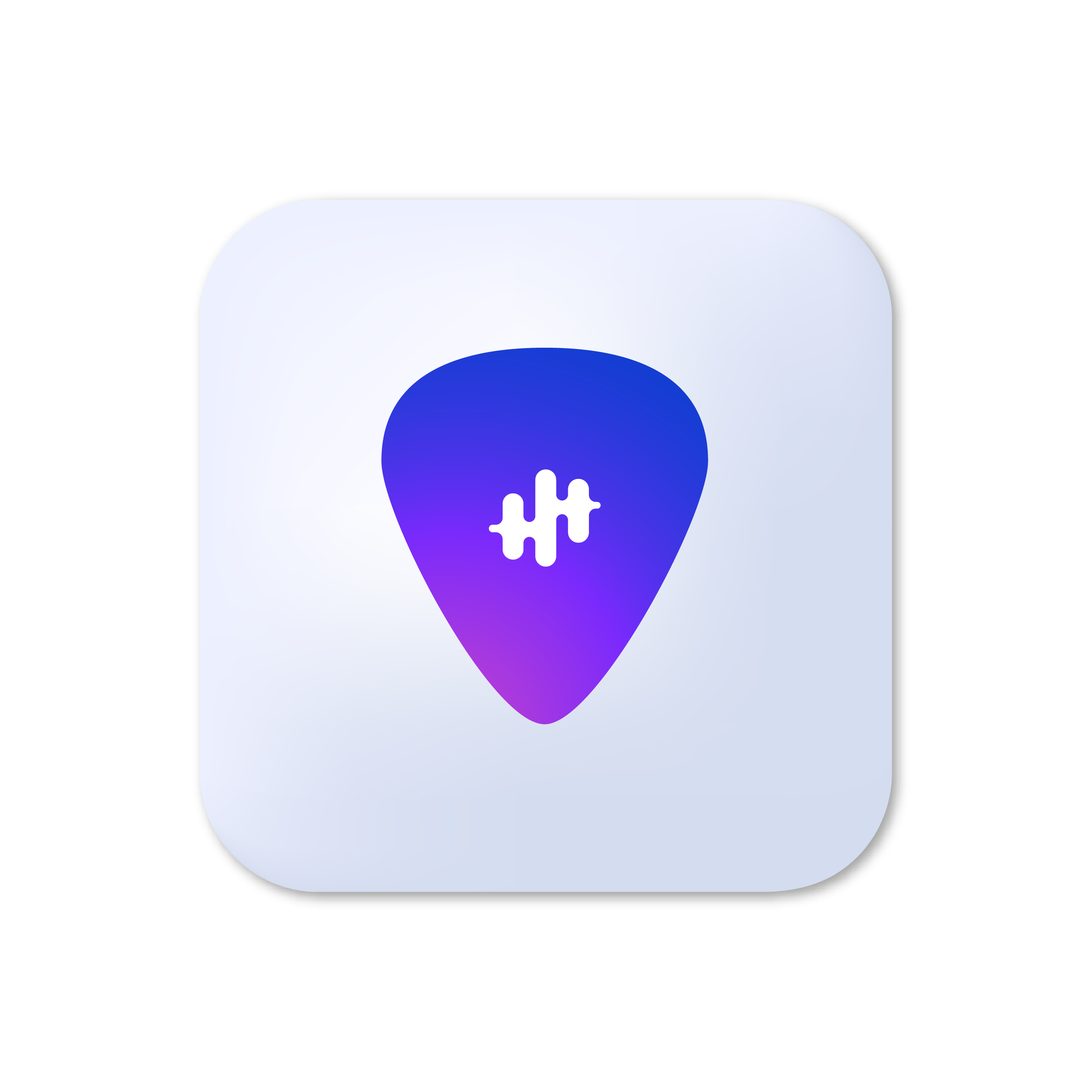 GuitarConvert
GuitarConvert
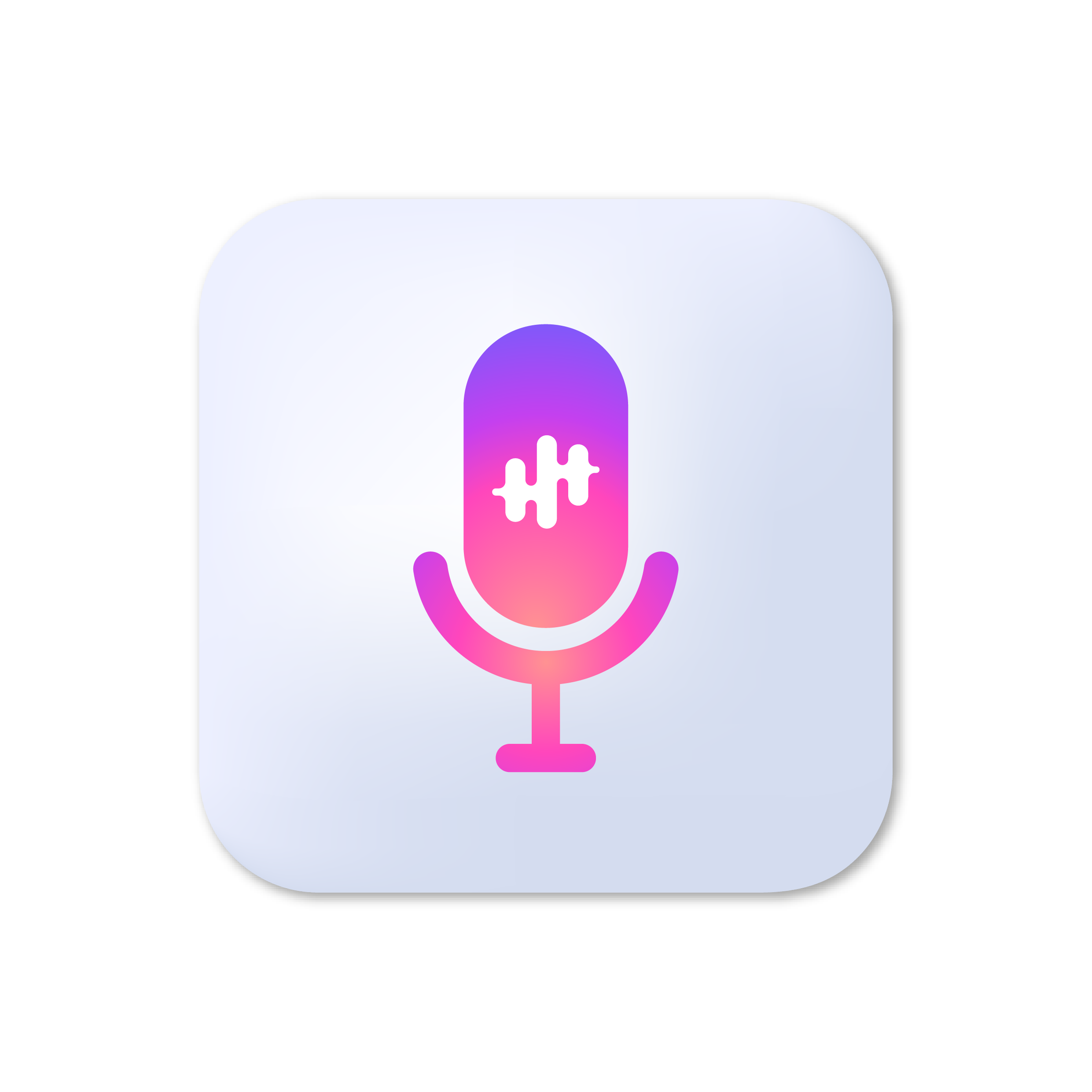 SingConvert
SingConvert
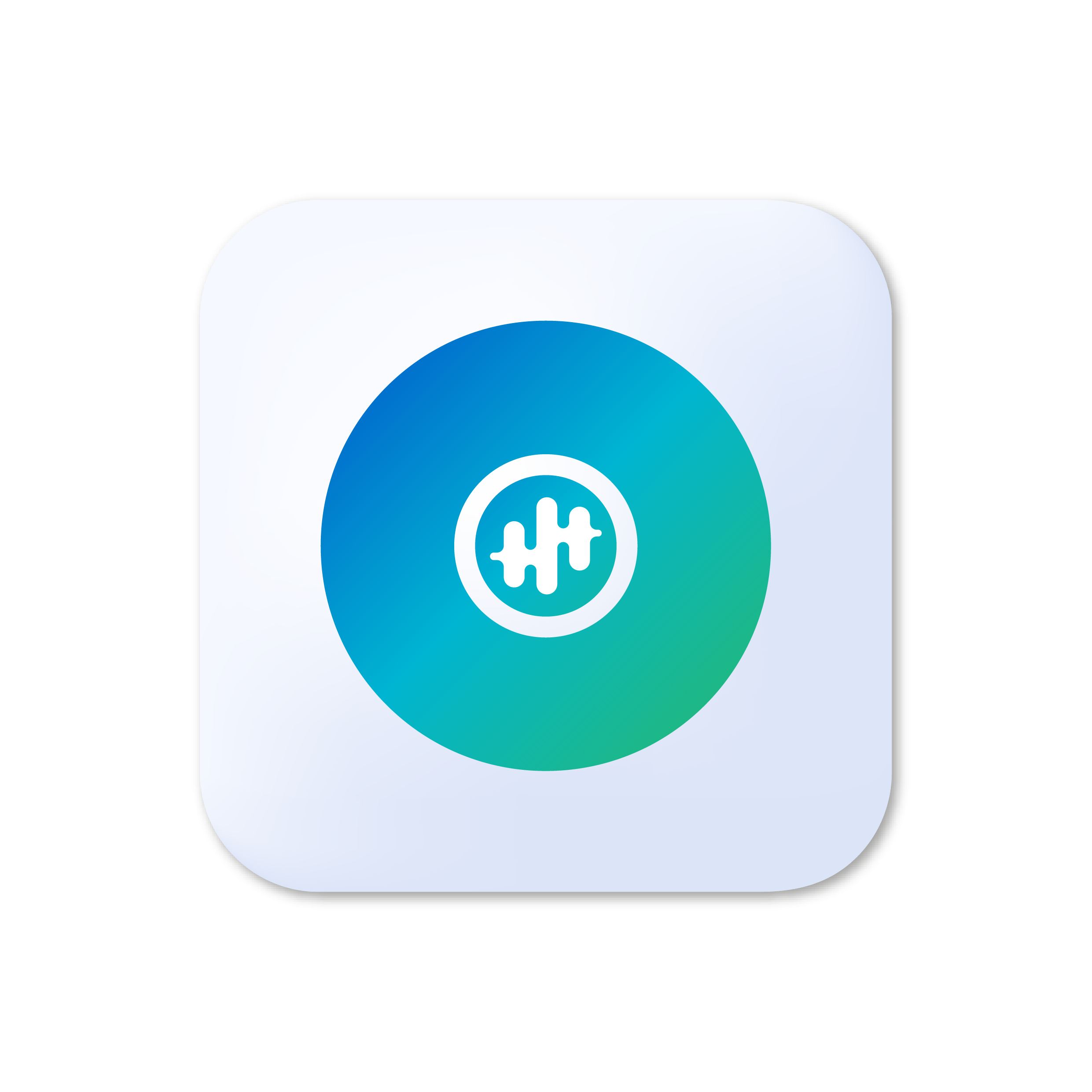 BandConvert
BandConvert
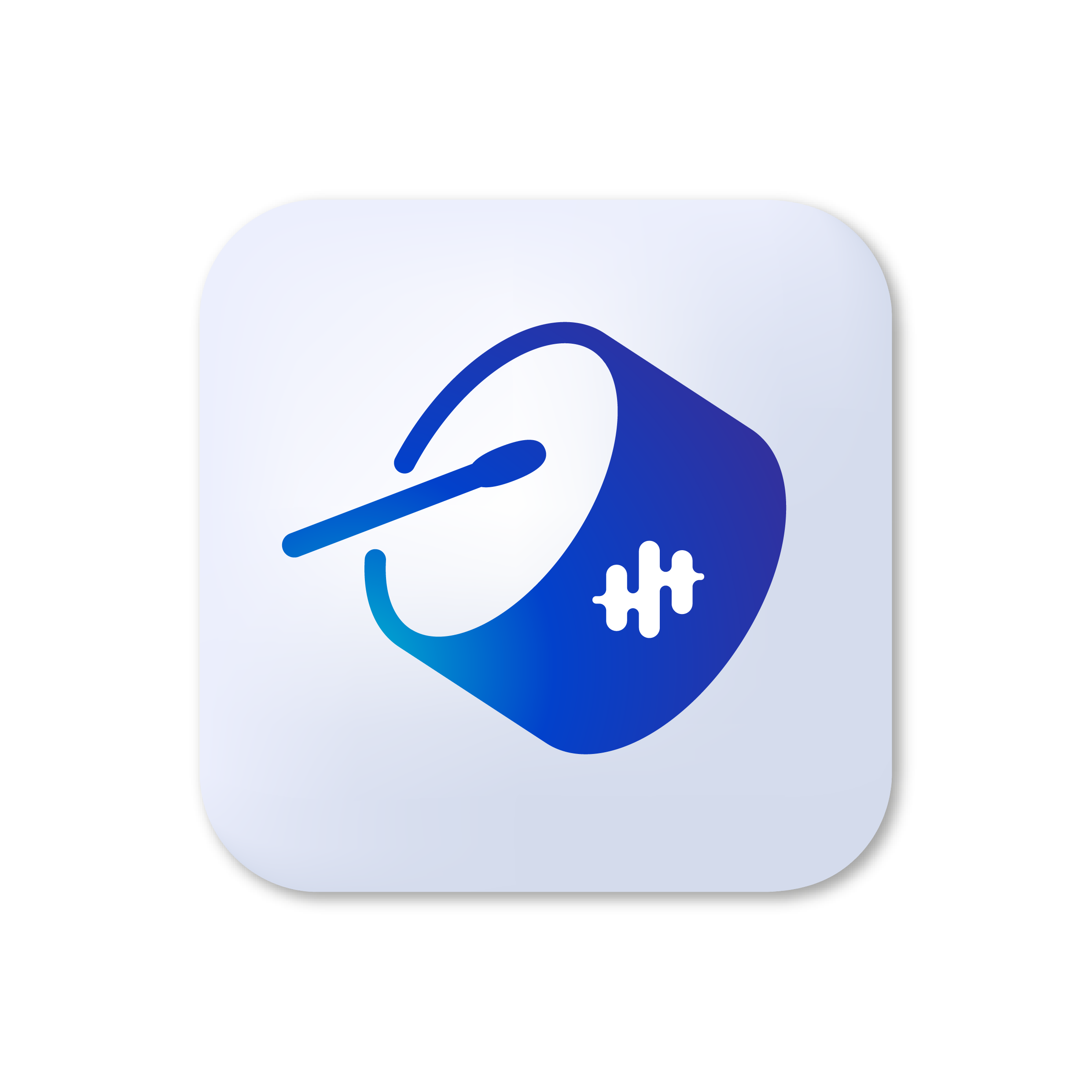 DrumConvert
DrumConvert
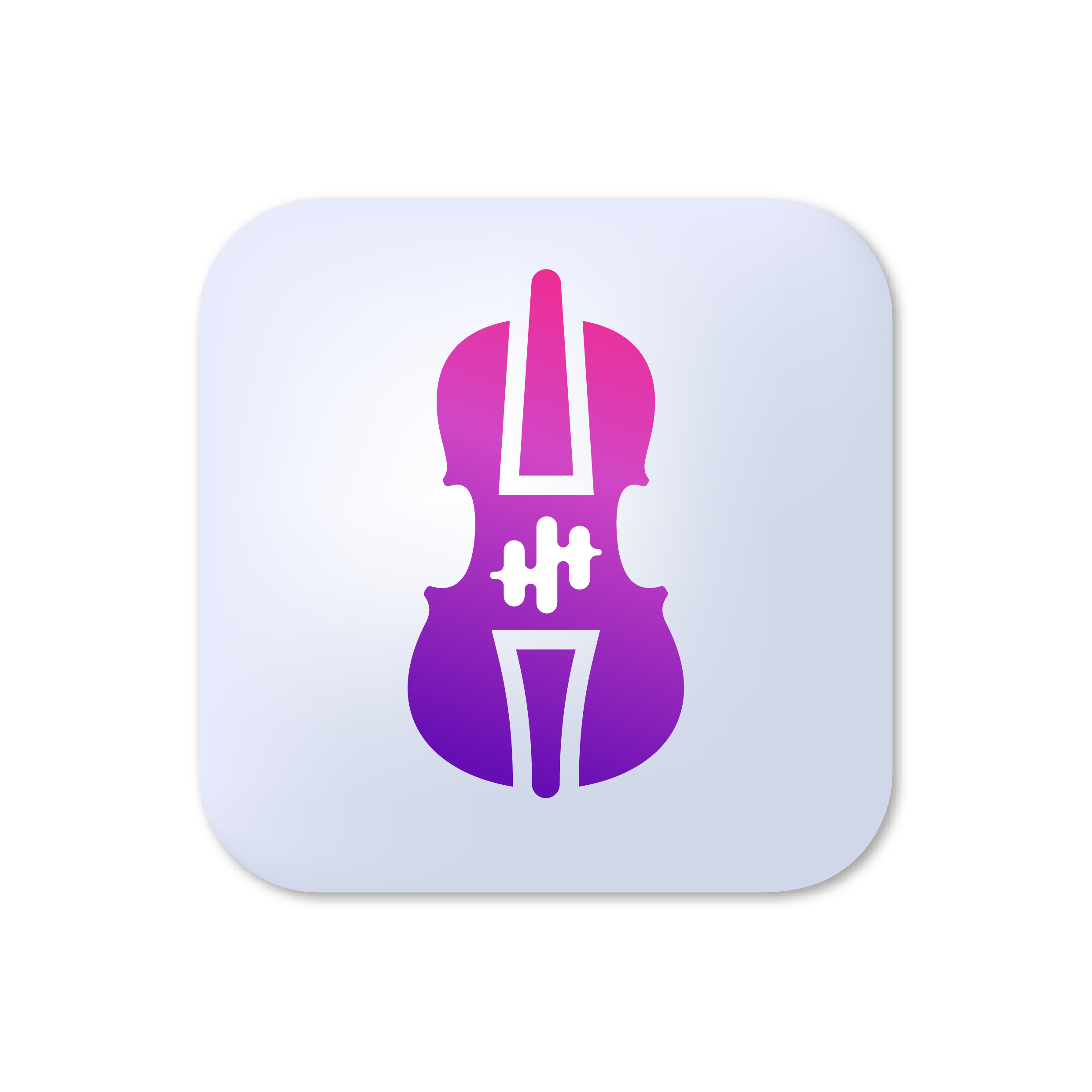 ViolinConvert
ViolinConvert
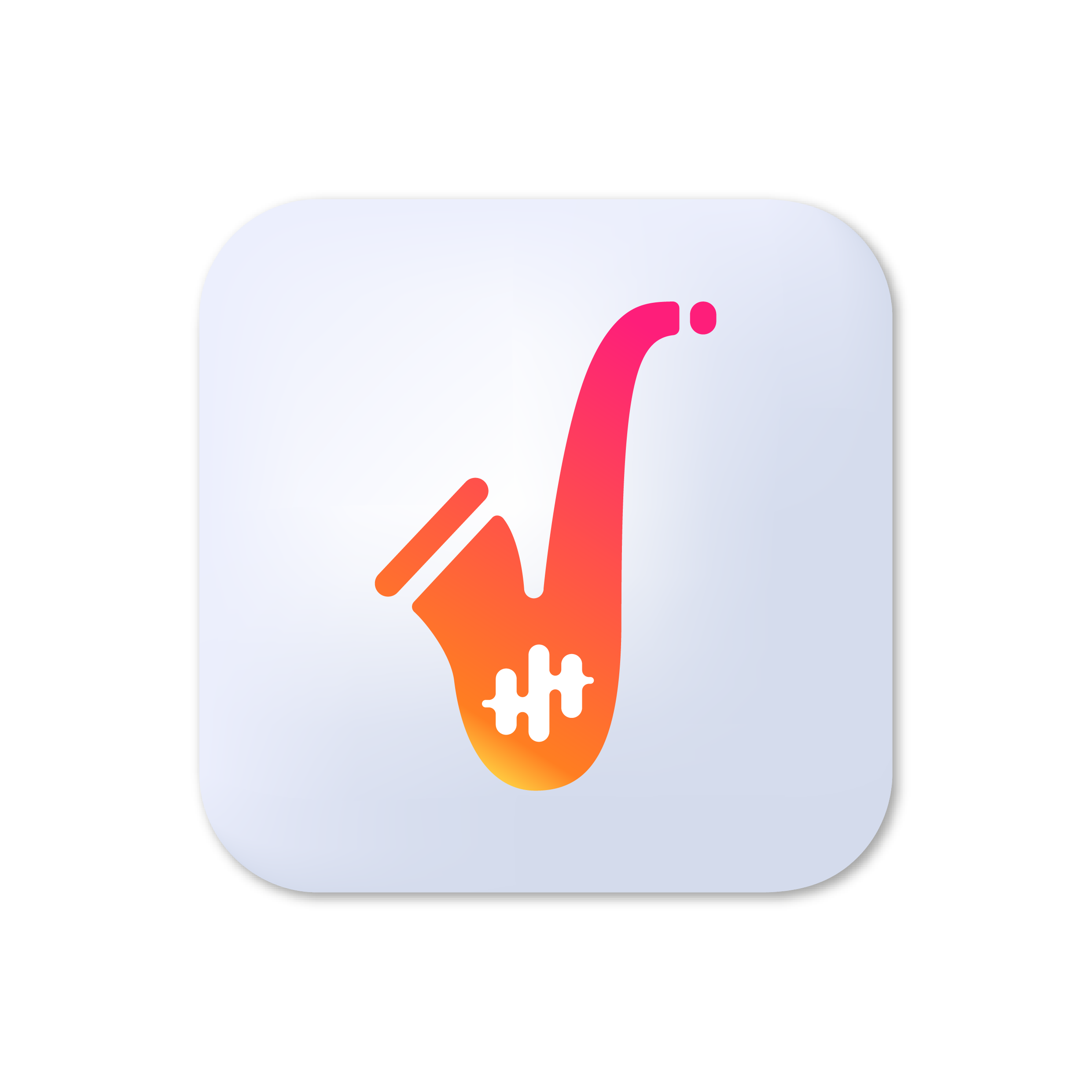 SaxConvert
SaxConvert
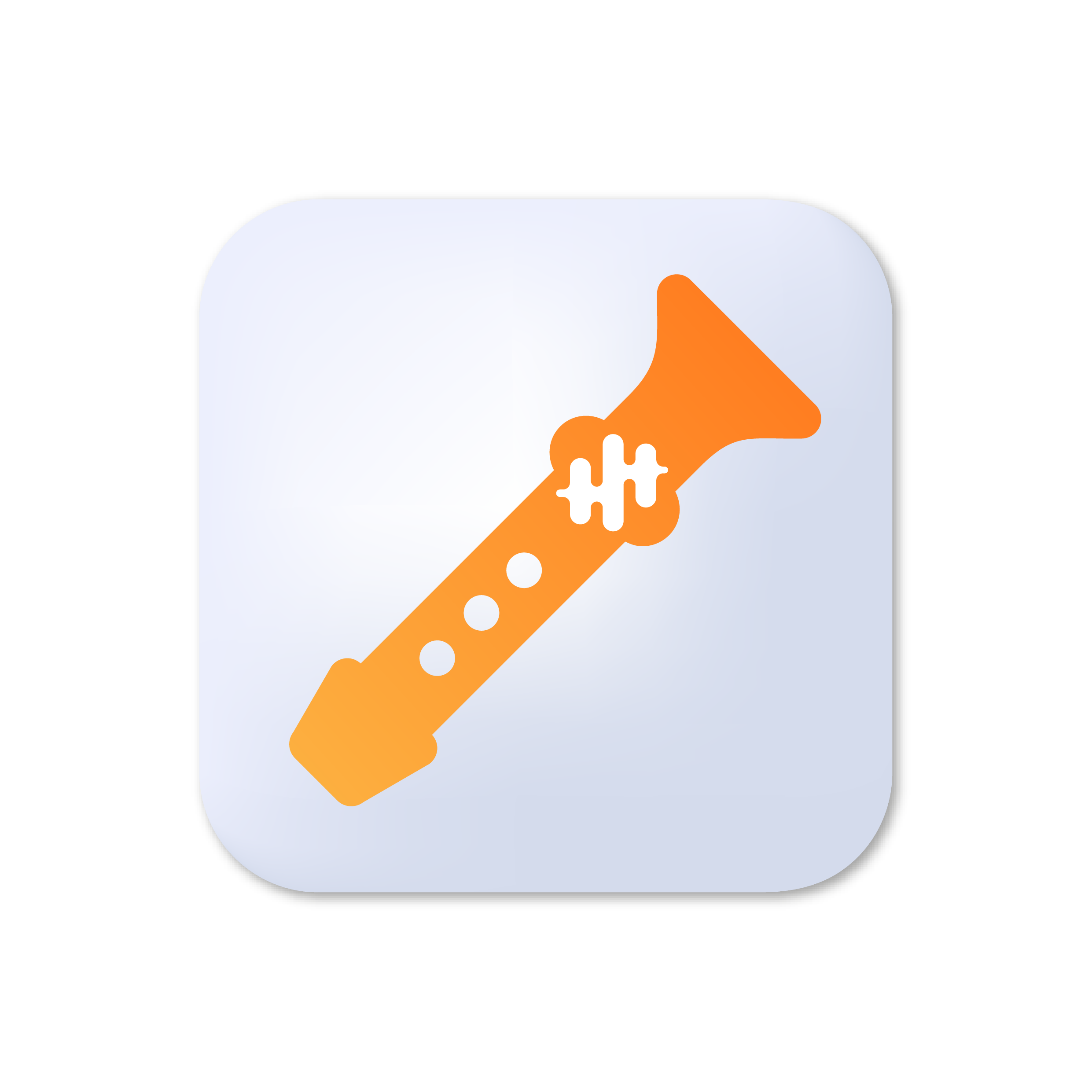 FluteConvert
FluteConvert
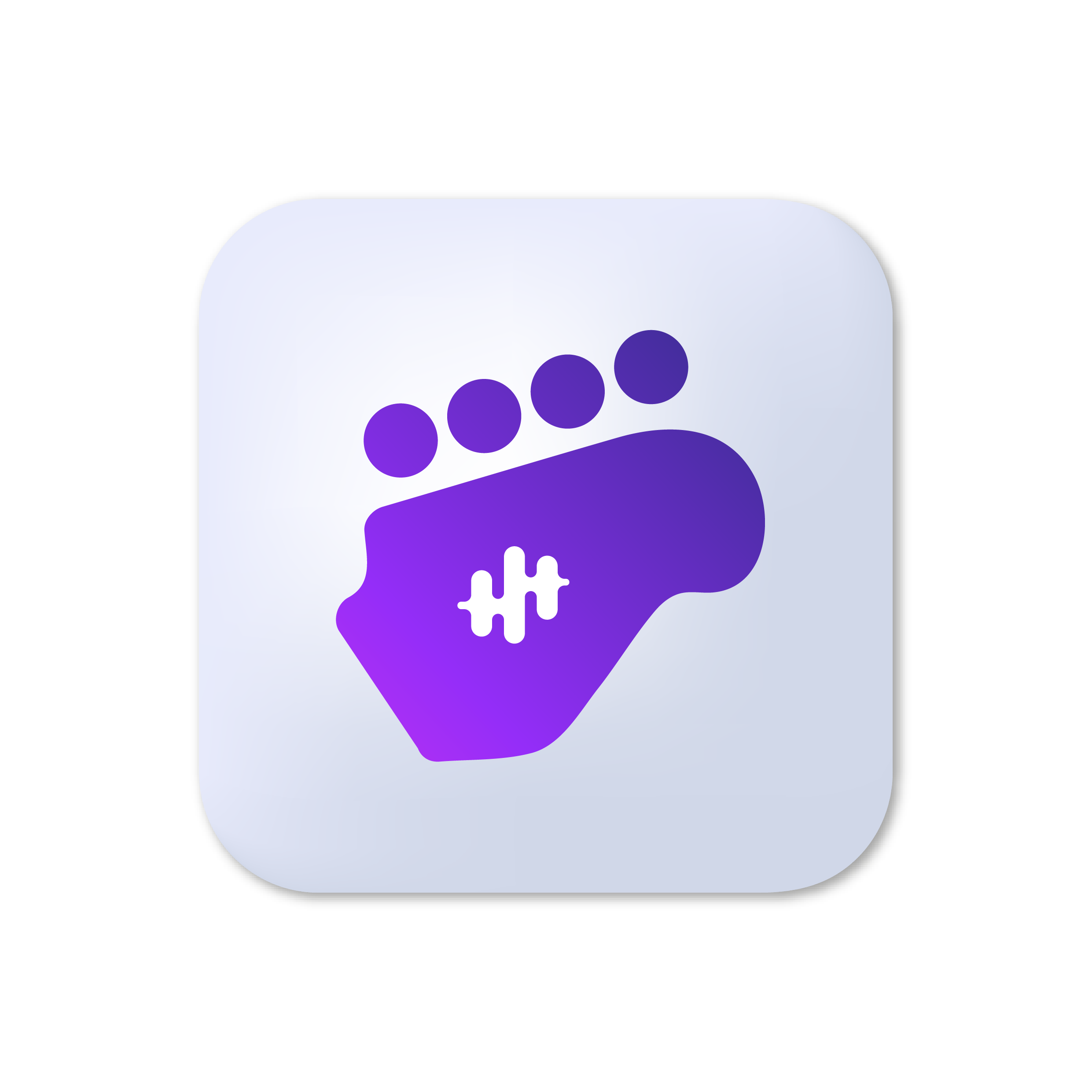 BassConvert
BassConvert
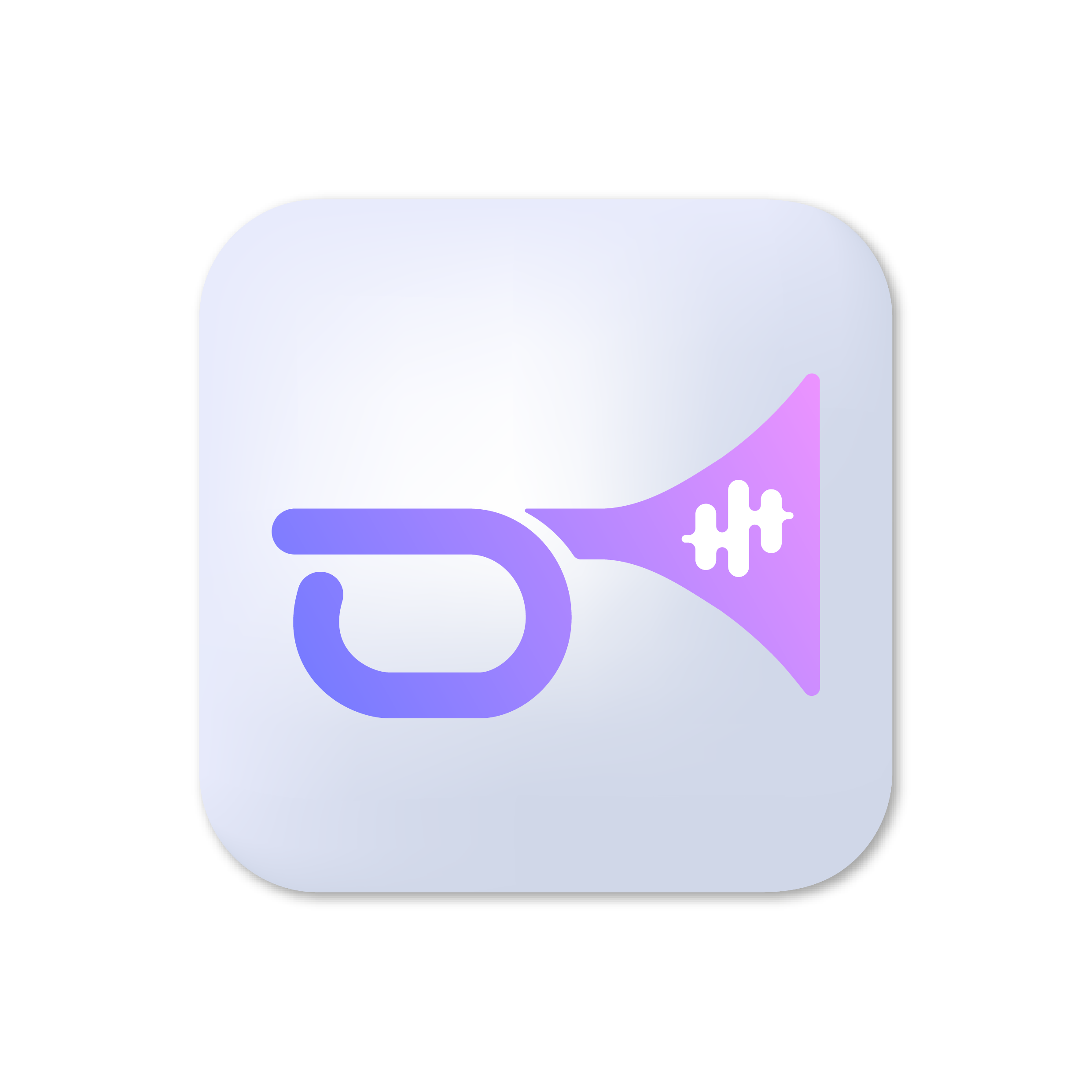 TrumpetConvert
TrumpetConvert
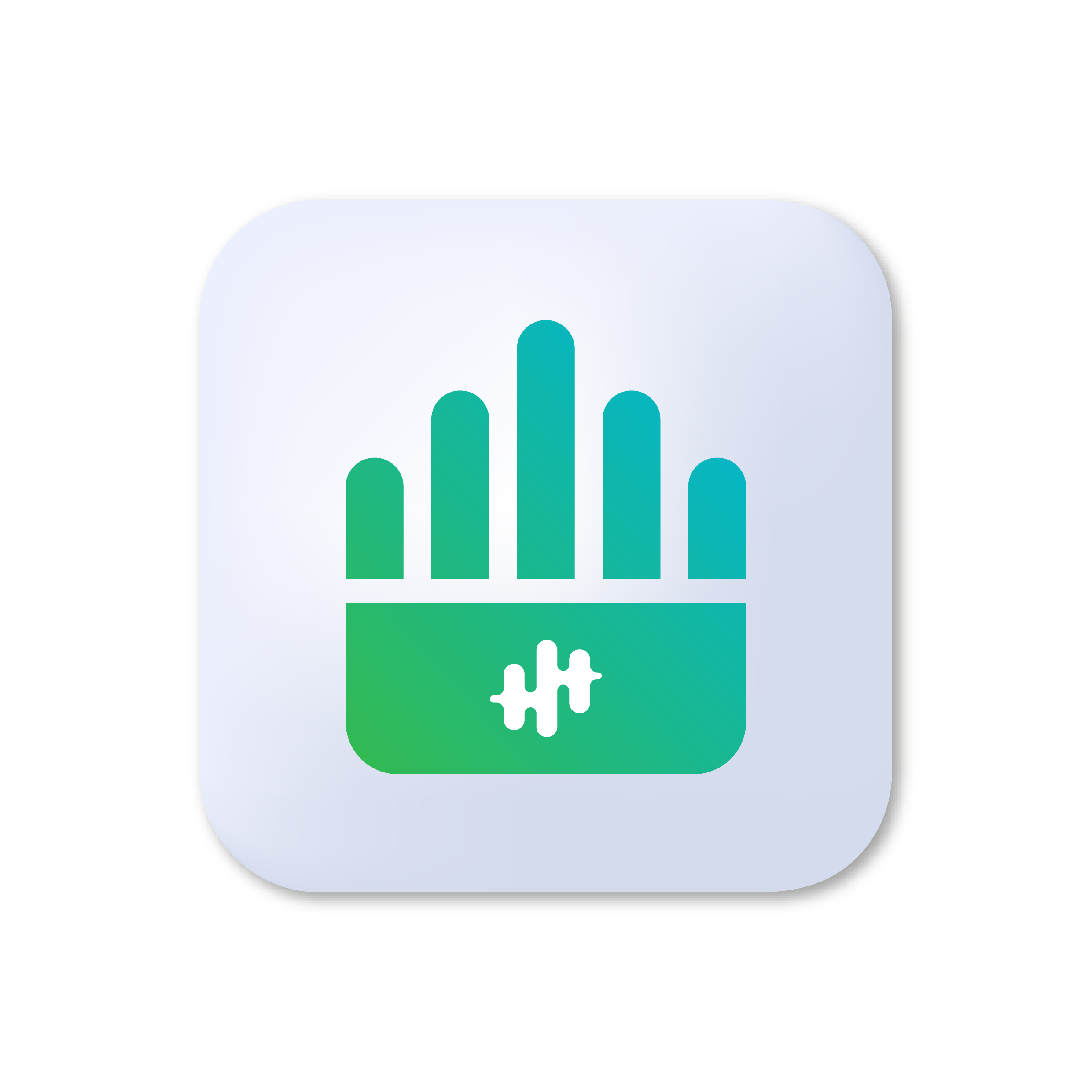 OrganConvert
OrganConvert
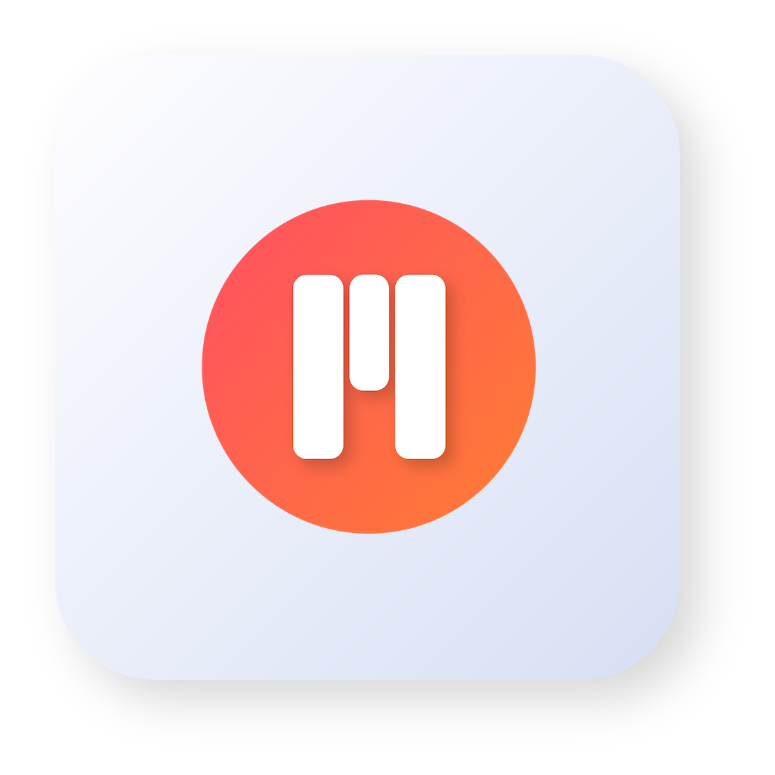 PianoGo
PianoGo


